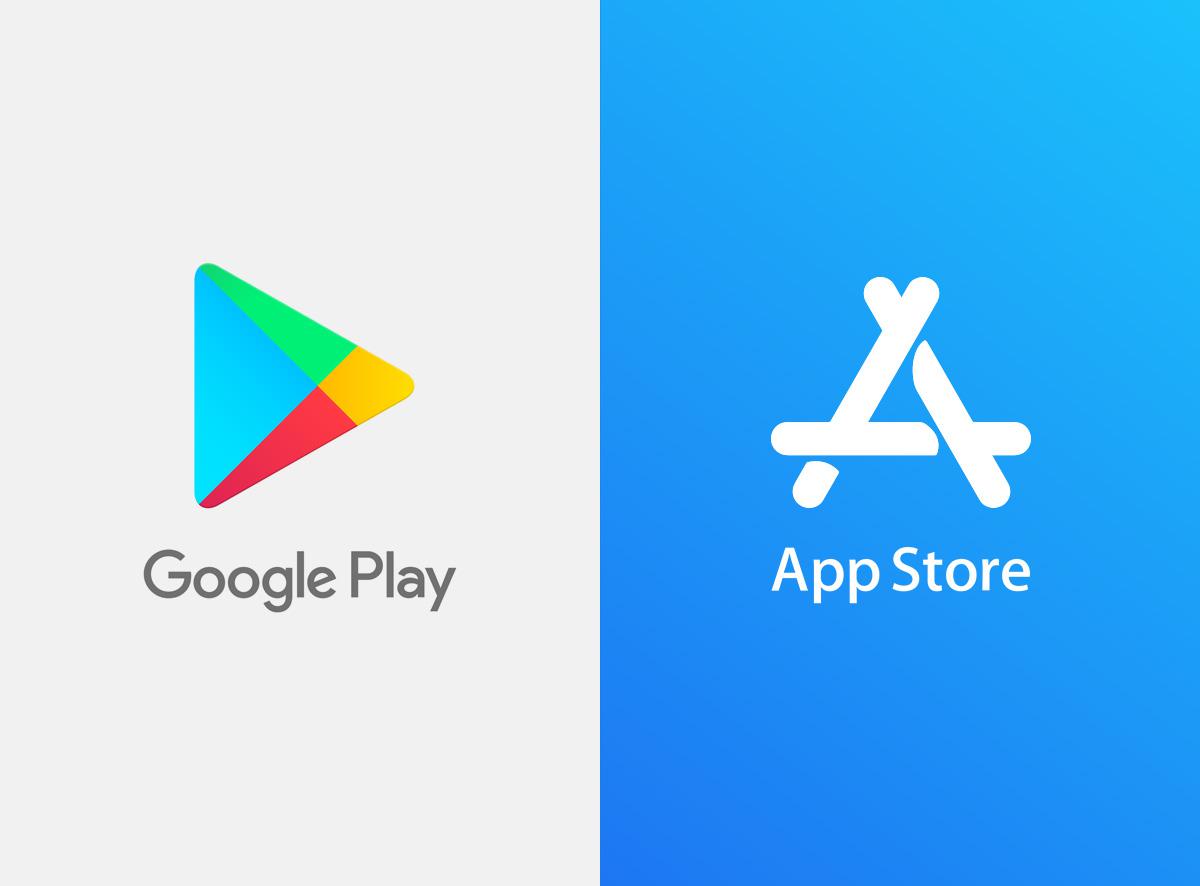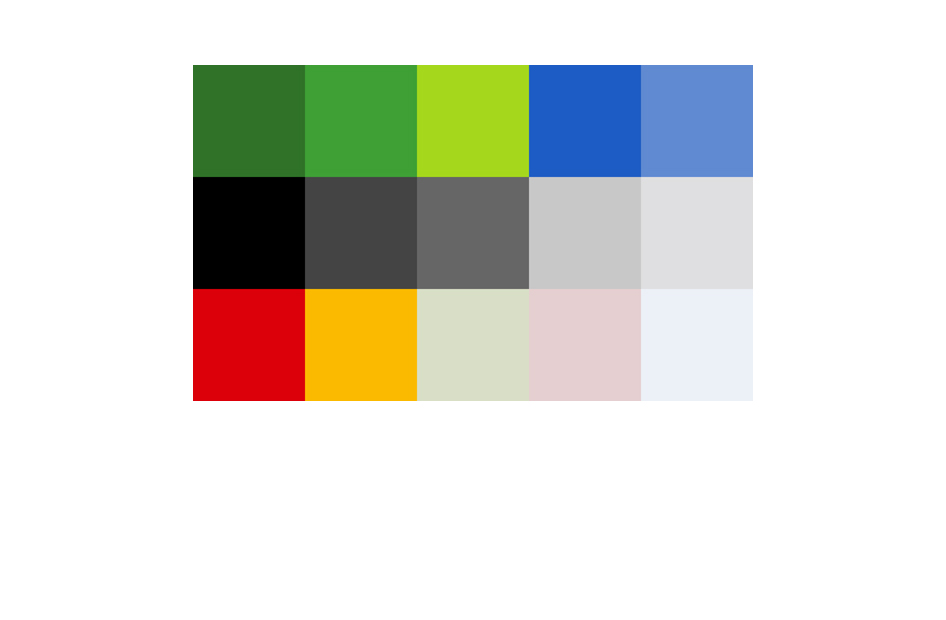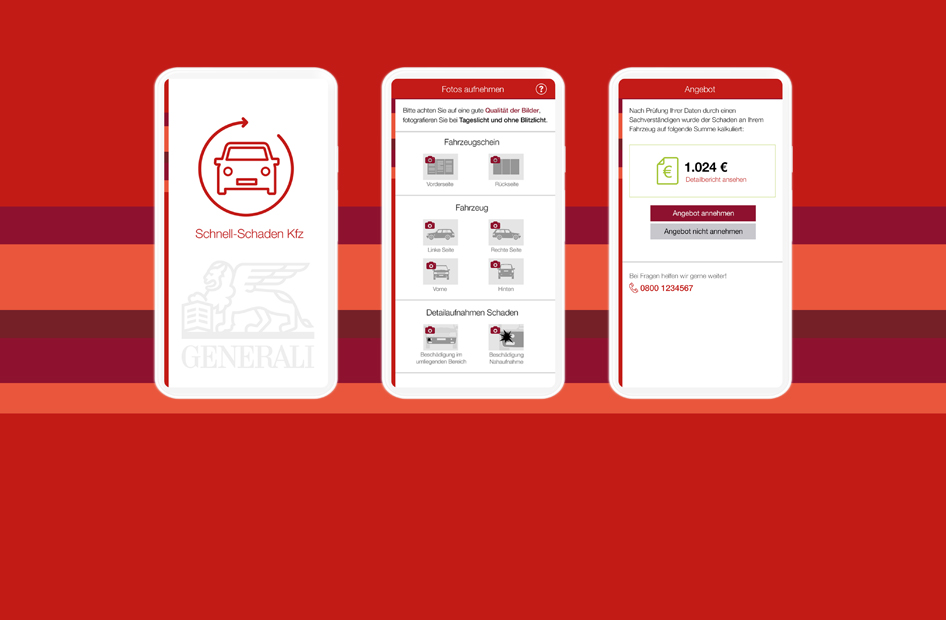Apps (PWA) Your agency for successful app development.
A good app gets the best out of a customer’s smartphone. The development of everything from UX design to release management must be just right for them to use it effectively.
Smartphone Apps: it’s the Customer that Counts!
The user’s perspective counts even more when designing an app than with any other interactive product. Why? Quite simply because the smartphone is a uniquely intimate thing. For an app to be seen as a valuable addition to a smartphone’s toolbox on this very personal device (and not as just meaningless data), it must be able to do what users find useful or entertaining. This also means that the app must be intuitive to use.
User Experience (UX) is Crucial for an App’s Success
As an app agency, we have been designing and building apps for customers from different industries for over 15 years, using diverse technologies. This allows us to design an optimal customer journey which centres on user experience as a decisive factor in success.
Along with the conception of the user experience (UX), the UI design, and technical implementation, we also ensure a professional release management whether the distribution is planned for the Apple “App Store”, the Google Play Store, or via in-house distribution.
Progressive Web Apps: A Smart Alternative to Native Apps
A progressive web app (PWA) is a mobile-optimized website with an app character. PWAs are browser-based and now a real alternative to native apps.
A PWA is offline-capable, can be placed on the user’s home screen, and can access many hardware functions such as cameras or gyro sensors – without any qualitative differences to a native app. Push notifications are also possible (with restrictions on iOS). PWAs can be offered in the Google Play Store (with restrictions). Minor performance drawbacks, compared to native apps, are not relevant in many applications.
Integrated Development of Responsive Websites and Apps
One great advantage of a PWA is the integrated development of a responsive website for desktops and smartphone apps. In other words: a common, easily expandable system is built instead of developing three, almost independent, technical solutions (web, iOS, Android).
As an app agency, we are increasingly advising our customers to use a PWA to keep the technical development lean and, at the same time, to be able offer a distinctive user experience on smartphones and tablets.
Which App for Which Aim?
Progressive web apps (PWAs), container apps, hybrid apps, native apps: there are mixed forms in addition to different types of apps. Each one brings specific characteristics with it and has its own advantages and disadvantages. Thanks to our many years of experience, we can provide you with reliable support in choosing the right technical basis for your app.
A Comparison of Three Common App Types
| Progressive Web App (PWA) | Container App | Native App | |
| Description | Mobile website with an app look and some app features | Website with Native App “shell” | App programmed on the basis of the respective operating system |
| Rollout | Primarily via link; app stores possible to a limited extent (Google Play Store: yes, Apple “App Store”: de facto not possible) | App stores | App stores |
| User Experience | ++ | ++ | +++ |
| Icon on Home Screen | Yes (iOS only manually by user, but this can be easily triggered with a teaser) |
Yes | Yes |
| Integrated System (Web/App) | Fully consistent, a single technical system | Almost fully consistent | Separate systems |
| Development Effort | Low | Low – Middle | High |
| Maintenance Costs | Low | Low – Middle | High |
| Offline Storage | Possible to a limited extent | Yes | Yes |
| Accessing device functions | Comprehensive, but not completely | Almost completely | Completely |
| Push Notifications | Partially possible, currently very limited on iOS | Yes | Yes |
From Idea to Successful App




